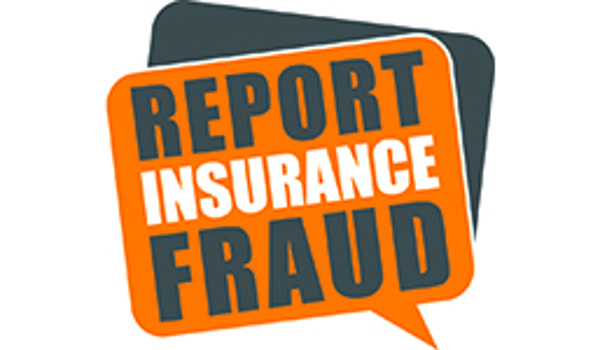Holidaymakers warned of serious pitfalls of travel insurance fraud

With millions of holidaymakers travelling abroad each year, the Insurance Fraud Bureau (IFB) and City of London Police’s Insurance Fraud Enforcement Department (IFED) are urging the public not to be tempted to make fraudulent travel insurance claims, as it can result in a record on the Insurance Fraud Register (IFR) and criminal charges.
Travel insurance claims are amongst the most costly, with some exceeding £120,000 in value. And with recent reports showing the average cost of going on holiday has risen by more than a quarter in just four years, there are concerns more people could be tempted to turn to fraud to make up for shortfalls.
To help tackle the problem IFB and IFED are warning the public by promoting a series of adverts on YouTube which explain what travel insurance is and the serious consequences of making fraudulent claims.
Ursula Jallow, Director at the Insurance Fraud Bureau, said:
“Travel insurance is there to give holidaymakers peace of mind should the worst ever happen, but often we find these policies are being exploited by opportunistic fraudsters.
“If you need to make an insurance claim, you must do so honestly. Any fictitious or exaggerated expenses for what otherwise would have been a genuine claim is still fraud and the consequences are serious.
“Insurance scams bring added costs for everyone else, which is why we’re collaborating so closely with insurers and the police to crackdown on the issue. Anyone with evidence of insurance fraud should report it to our confidential CheatLine service as soon as possible”.
Detective Chief Inspector Tom Hill, at City of London Police’s Insurance Fraud Enforcement Department (IFED), said:
“It’s important to fully understand the terms and conditions of your travel insurance policy before going on holiday, so that you know what you’re entitled to claim for.
“Unfortunately, some people think nothing of abusing their policy by making fictitious or exaggerated claims, be it pretending an item that they lost cost more than it was worth or lying about needing medical treatment abroad. As a result, the cost of insurance is driven up for everyone, meaning that honest policyholders end up paying the price.
“This type of fraud is taken very seriously by IFED and the insurance industry, and can leave perpetrators with a criminal record or make it harder for them to access essential insurance services in the future.”
Opportunistic fraud makes up 85% of travel insurance fraud cases. This is where everyday people who are not linked to organised crime spot an opportunity to commit fraud to either save costs on an insurance application or make money on a claim.
Examples of ways people have gotten on the IFR for travel fraud include; forging medical evidence after falling sick or having an accident, exaggerating the value of stolen items, making bogus claims due to travel disruption, and having claims with multiple insurers for the same incident.
When an insurer has clear evidence that someone has deliberately attempted a fraudulent insurance application or claim, the perpetrator can be added to the IFR which is accessed by the wider insurance industry.
Those placed on the IFR can be denied insurance services or if they are offered, it will be significantly more costly due to the associated risk. This can leave people unable to:
- Insure a vehicle for third-party cover, which is a legal requirement for motorists.
- Get buildings insurance, which is often compulsory for securing a mortgage.
- Take out liability insurance, which is required for many business premises.
- Have life and death insurance, which can leave loved ones in financial hardship.
- Secure contents cover, which can leave a home vulnerable to damage or theft.
In addition, insurance fraudsters can face imprisonment and any money gained through financial crime can be retrieved through the courts via the Proceeds of Crime Act (POCA). A criminal record can also impact career prospects.
IFB has launched a public awareness campaign called Fraud Cons to highlight the serious consequences of committing insurance fraud, which costs consumers over £2 billion a year.
Anyone with evidence of an insurance scam is encouraged to report it to IFB’s confidential CheatLine (powered by CrimeStoppers) on 0800 422 0421 or online.


